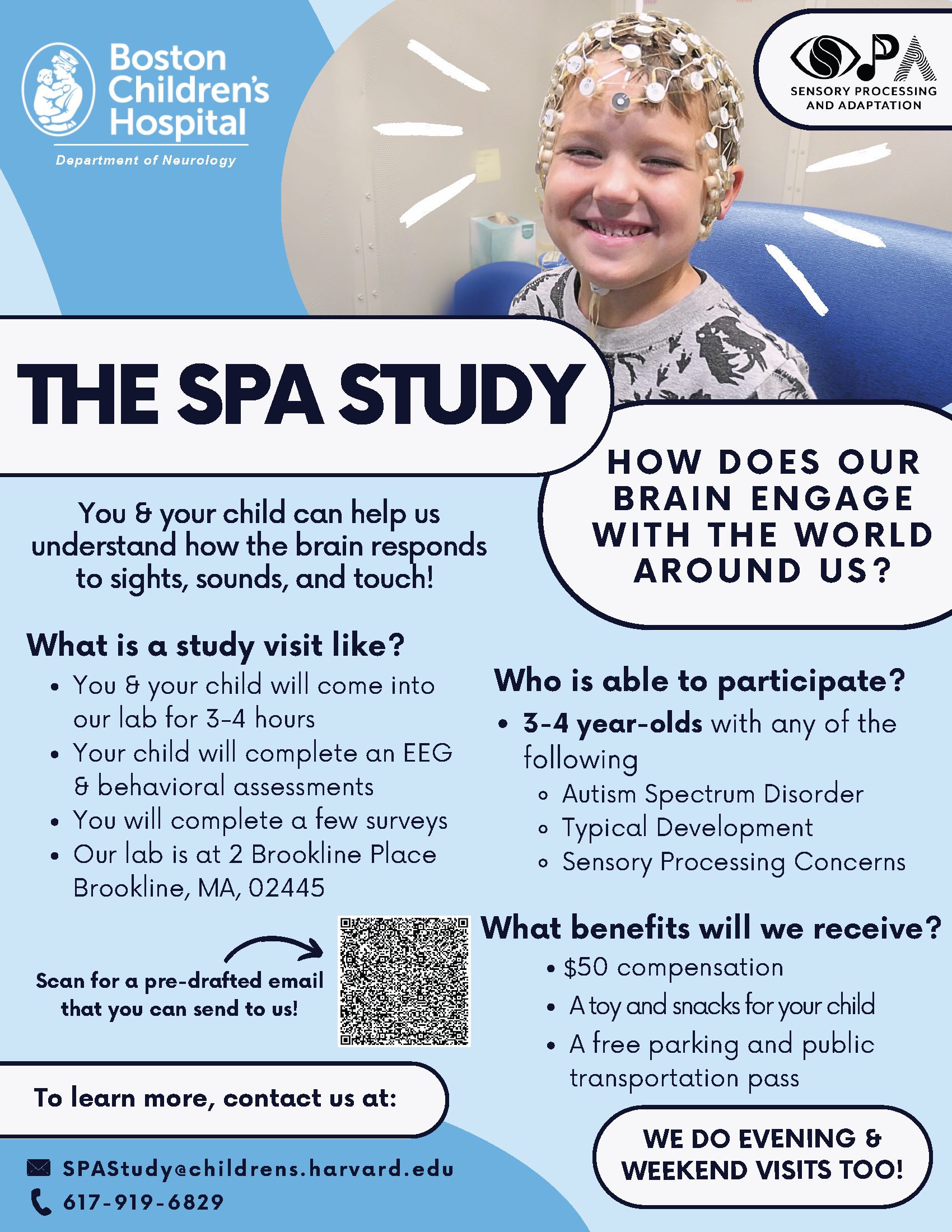SPIRAL Foundation
To increase understanding and acceptance of sensory integration and sensory processing differences through education and research
SPIRAL Foundation offers a wide variety of educational programs and materials, including:
Full courses, live and on-line, on a variety of introductory to advanced topics.
Presentations on a variety of intermediate topics for parents and professionals.
Free resources for adults and caregivers of children with SPD.
Audio only podcasts on a variety of introductory topics for professionals.
Resources and research studies on topics informing knowledge of SPD.
Welcome!
SPIRAL Foundation serves national and international audiences by providing resources for therapists and other professionals who work with individuals with sensory processing differences, as well as adults and children living with sensory processing and their families.
By conducting and disseminating current research and providing educational programs in a variety of on and offline formats we strive to improve the lives and well-being of individuals with differences processing and integrating sensory information across the globe.
Featured activities!
Resources for individuals living with sensory processing differences
A collection of free resources related to the understanding and identification of, and intervention for, Sensory Processing Disorder (SPD) and related diagnoses, designed to help individuals with SPD, their families and other non-professionals, better understand sensory processing differences and advocate for their needs. All resources are provided under a Creative Commons license and may be copied and distributed with attribution for noncommercial use.
Adults and Adolescent Toolkit
Parent and Caregiver Toolkit
Recruiting! Can you help?
Sensory Processing and Adaptions Study at Boston Children’s Hospital

